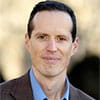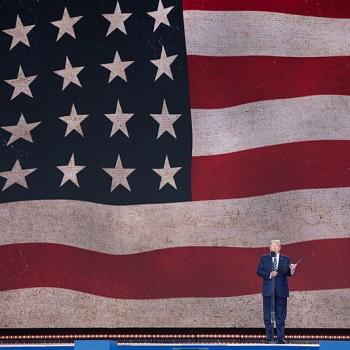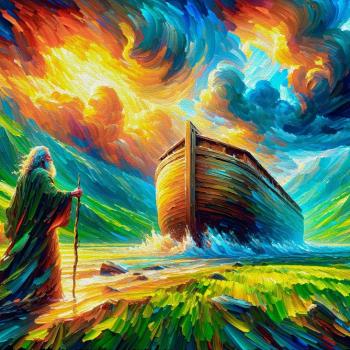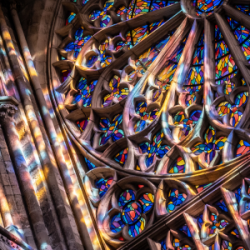 I grew up a sports kid. I loved everything about sports, from little league baseball practice to floor hockey in gym class to indoor Nerf basketball at my friend Tom's house during long winters. All my free time was about playing sports. It was something to do with the loads of energy I had (I'm sure my mom was thankful). It was a way to bond with friends. It was a conversation starter with young and old alike. I could dream about Olympic glory with my friends after the 1980 men's hockey gold medal, or I could talk about the Cubs' dismal starting rotation with my octogenarian grandfather.
I grew up a sports kid. I loved everything about sports, from little league baseball practice to floor hockey in gym class to indoor Nerf basketball at my friend Tom's house during long winters. All my free time was about playing sports. It was something to do with the loads of energy I had (I'm sure my mom was thankful). It was a way to bond with friends. It was a conversation starter with young and old alike. I could dream about Olympic glory with my friends after the 1980 men's hockey gold medal, or I could talk about the Cubs' dismal starting rotation with my octogenarian grandfather.
As I got older, sports provided an anchor to my identity, a way to cover whatever insecurities I had. Growing up Irish-American outside of Chicago, naturally my first iconic image was the Notre Dame football team. The men in my family watched Notre Dame football with interest that transcended the games themselves. They shared stories of praying, as children in Catholic schools, for the Fighting Irish, whose news-grabbing exploits on the gridiron helped change the attitudes of a harsh public toward generations of Irish immigrants. I dreamed of one day being a student-athlete, even knowing as I entered my teen years that the physical gifts for football simply were not there.
So by about my junior year of high school, after four separate knee-ligament sports-related injuries (basketball, kickball, soccer, and one just jumping for joy at the Cubs' 1984 division championship), I went looking for another option. It had to be big and iconic. I had seen the movie Oxford Blues, about an American rower at Oxford, and the idea started to percolate. Fast forward: within several years I decided against Notre Dame and began rowing at Boston College. I spent a year at Oxford and rowed in some awesome crews. I graduated from BC and went on to coach for several years, even sending one oarsman to the 1996 Atlanta Olympics. I still row when I can.
At some point it occurred to me that my love for sports was as much about the way I found meaning in life and related to other people. I had finished a Ph.D. in Catholic theology, and was thinking a lot about the ways that sports give a focus to one's life by taking hold of one's passion. You work hard at what you most love. I wrote about the implications of that lesson in a book called The Ignatian Workout. Since then, I've continued to think about how religious life, and really any life that is structured around something a person finds meaningful, is rooted in love.
In these days leading up to America's home-grown holiday, the Super Bowl, it may seem odd to claim that it's fundamentally a holiday rooted in love. It may seem more obvious to say it's a holiday rooted in excess. Look at the ticket prices, the advertisements, the betting, and so on. But take another look, and then another, and some striking things emerge. It's about Steeler nation and the Cheeseheads, groups of people who share a passion for their team. They love those guys. (Full disclosure: I lived in the Pittsburgh area for eleven years, so if the Bears couldn't make it I'm all over championship number seven for the Steel City.) It's about young men who have dreamed of this day their whole lives. It's about college and high school programs built upon the desire to achieve this goal, and even about millions of families helping their boys learn the game to advance to the next level. Sure, there are excesses and perversions at every step of the process. In what human endeavor is that not the case?
For those who are allergic to sports, and who view events like the Super Bowl with more than a little skepticism, consider this. In book six of Homer's 8th-century B.C. work the Iliad, there is a remarkable exchange between two warriors on the plain of Troy. One, called Glaukos, is asked by his opponent Diomedes who he is. In his response, Glaukos remarks that his father implored him always to be the best, to excel always, and thereby bring glory to his family and people. The battlefield is, in the Iliad, the place where men define themselves even while transcending their own self-interests for the sake of their comrades-in-arms.





